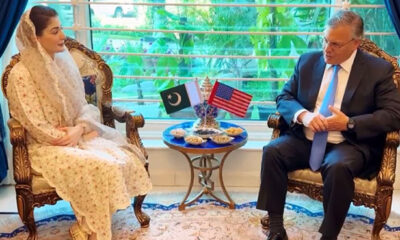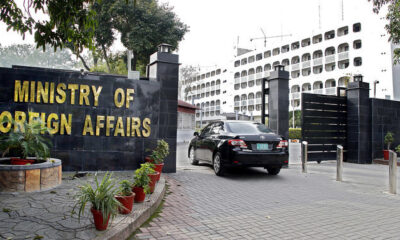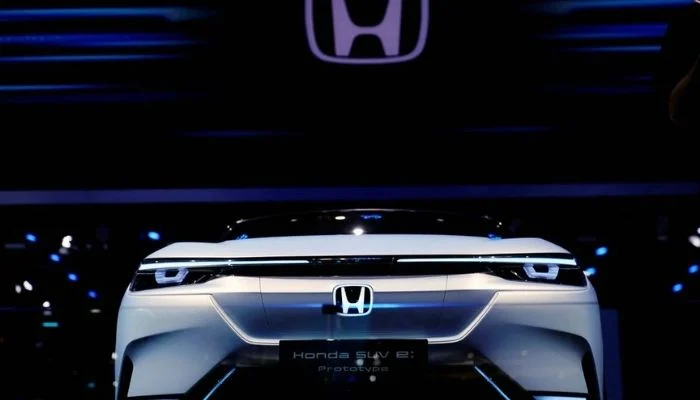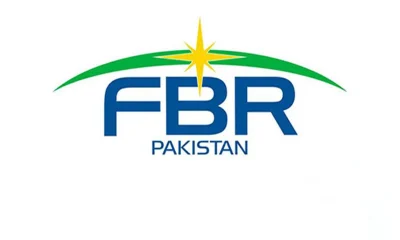Business
Honda developing three new electric vehicle platforms by 2030
-

 Latest News2 days ago
Latest News2 days agoPoliovirus discovered in ten additional sewage samples
-

 Business2 days ago
Business2 days agoSee the new rates when Pak Suzuki announces a significant decrease in car costs.
-

 Business14 hours ago
Business14 hours ago“Ten companies express interest in purchasing PIA.”
-

 Latest News2 days ago
Latest News2 days agoUS Ambassador Donald Blome praises Maryam’s portrayal of the Chief Minister of Punjab.
-

 Business2 days ago
Business2 days agoPakistan will host an IMF team in May to discuss a new loan.
-

 Business14 hours ago
Business14 hours agoPakistan has $13.316 billion in total foreign reserves.
-

 Business15 hours ago
Business15 hours agoSupport from the US for Pakistan’s IMF pact
-

 Latest News2 days ago
Latest News2 days agoFO spokesperson: Pakistan will not cede bases to any foreign government.




















